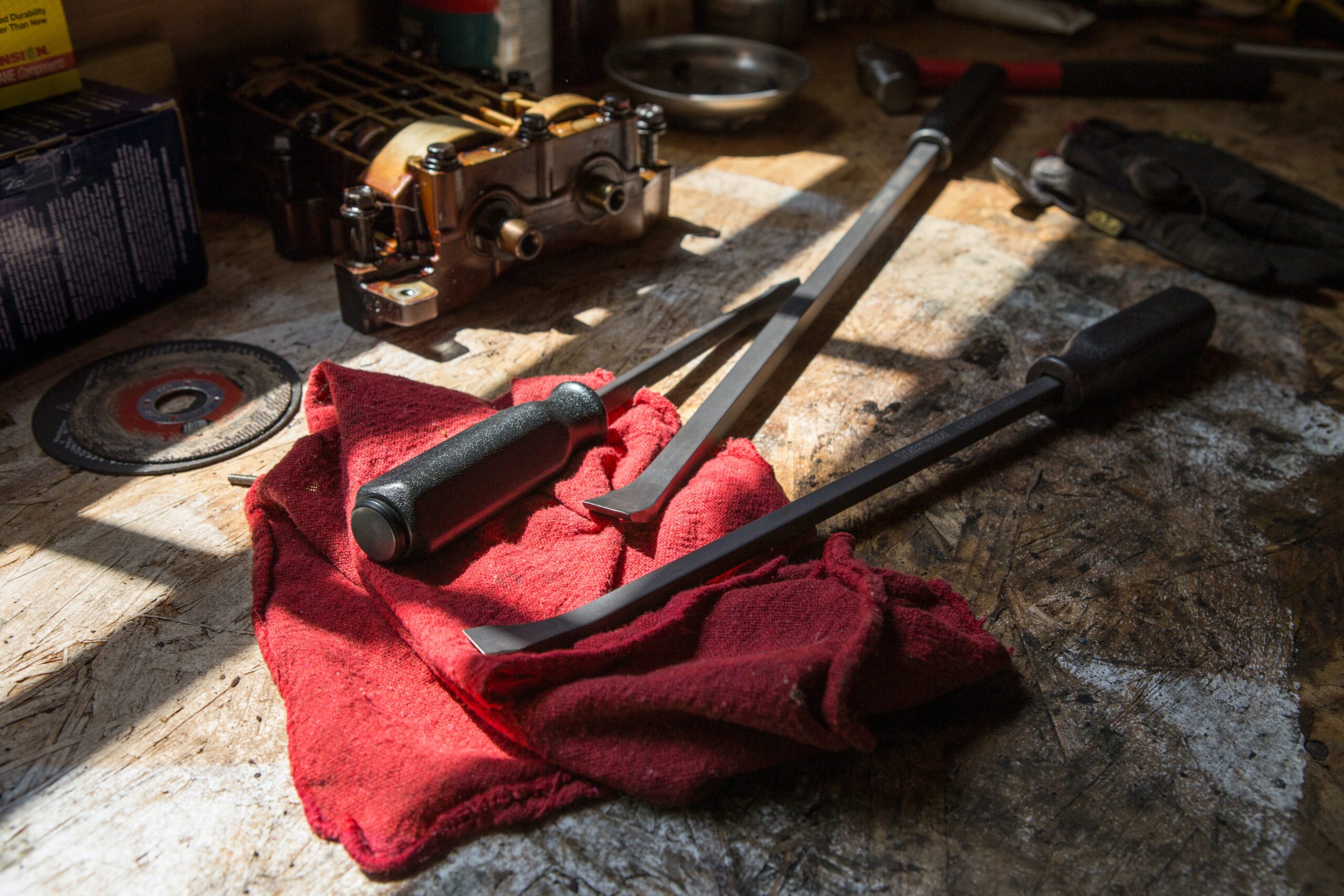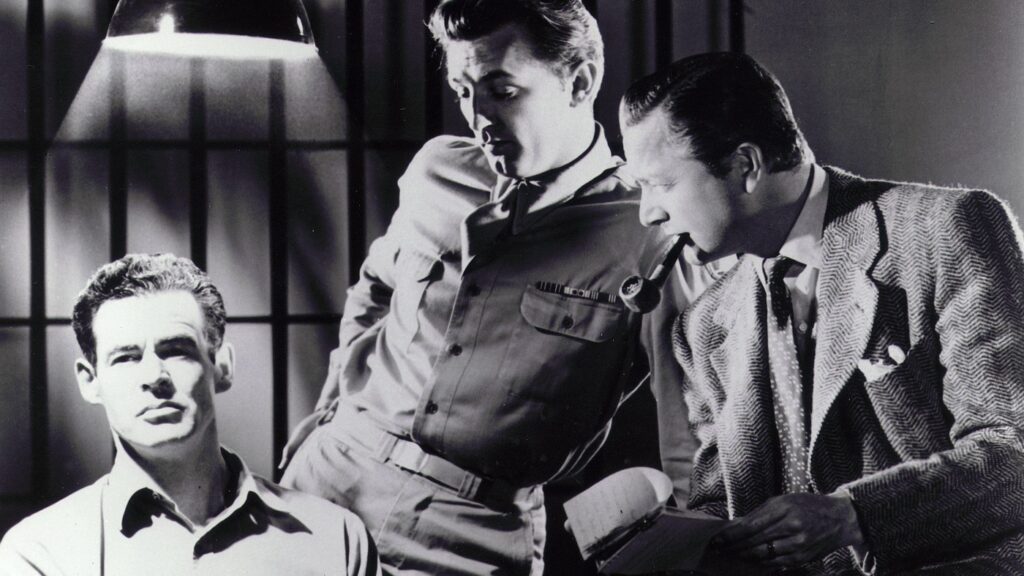(From the notebooks of Tyler Gitou, the Deal Whisperer)
“I am very intrigued by this concept of BATNA you raised the other day,” Verdi said to Tyler Gitou. “Can you explain to me how I would use it in a negotiation?”
“Before we go there let’s make sure we understand what a BATNA is,” Tyler said. “Let me explain it to you in a real life example: You can’t walk to work. It’s too far. So you have an interest in getting some form of transportation. You decide you want to look at cars. You go to the Ford dealership and negotiate to buy a new car. You can’t reach agreement. What do you do?”
“What do you mean?” Verdi asked.
“You are about to walk away from the negotiation table with the Ford salesman. What is your alternative to meet your interest? Where will you go now?
“Well,” Verdi said, “I could go to another Ford dealership.”
“Good. That is one alternative. What else? Is Ford the only company that makes cars?”
Verdi started to get it. “Oh, no. I could go to a Chevy dealer or some other car dealer.”
“What else? Does the car have to be new to meet your interest? Does it have to be a car? Could it be a scooter? Could it be a bicycle? Could it be the bus? Or carpool? Or could you get a job close enough to walk?”
“I see,” Verdi said. “I need to list every possible alternative and then measure it against my interests. So a bicycle would not work because I have to get on a highway. There is a bus but it takes longer, and so on.”
“Exactly. And when you look at all of those alternatives, one will emerge as the Best Alternative to a Negotiated Agreement or BATNA. Having a strong BATNA is what gives a negotiator a sense of confidence at the table. People use the terms ‘power” or ‘leverage,’ but what they really mean is the ability to walk away. The party who cares less about the deal on the table has the stronger position because the deal on the table has to get better and better to make him care more than he cares about his BATNA.”
“That makes good sense; except what do I do if I don’t have a BATNA?”
Tyler laughed. “You always have a BATNA. Do nothing! Walk away from the deal. Some deals are so bad that you are better off not signing them because of the harm they might cause your company’s finances or reputation. What if a client pushes you to sign a deal that doesn’t make money or on which you won’t be able to deliver the product? Isn’t doing nothing better than a business loss or a breach of contract lawsuit? So your BATNA may not be great, but there is a point when doing nothing is better than doing harm.”
“I understand. So back to my question: how and when do I use my BATNA in a negotiation?”
“Now that we understand BATNA, let’s talk about that after lunch.”



